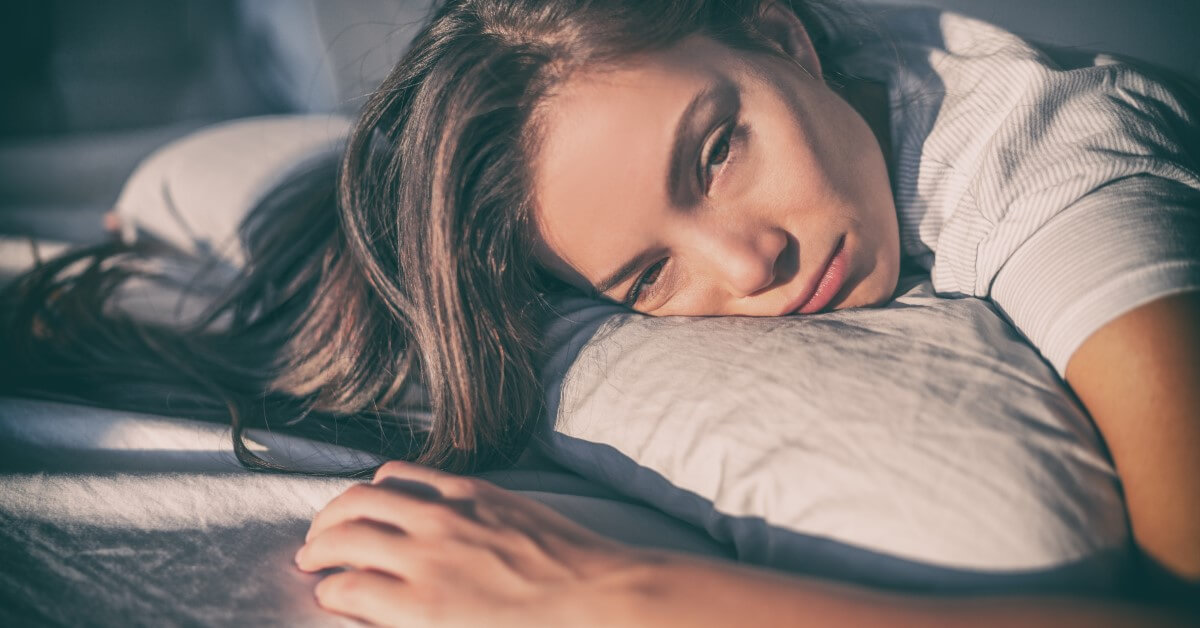How Warmer Weather Affects Sleep | How Cooler Weather Affects Sleep |
Overview
Perhaps you’re an early riser, and for a few weeks now, you’ve been struggling to get out of bed at your usual time, or you’ve been sleeping longer than expected.
Your extended sleeping hours can make you feel guilty, and you’ll start to wonder if you’re becoming lazy and less productive.
You could be going through a sloth phase, but it might also be the weather.
According to a 2021 study, there are several small but statistically significant effects of seasonal and weather that can influence sleep patterns.[2]
Each season comes with its unique outlook, and while we might have a lot of activities lined up to maximize each season, balanced sleep health is something we need to consider adding to the list.
Two predominantly distinguishing factors of all four seasons are light and temperature, and according to experts, these two factors also influence our circadian cycle. Dr. Rebecca Robbins, a sleep researcher, states, “Light is one of the biggest reasons sleep changes between the seasons.”[1]
When we sleep less during summer, it’s a problem as accumulated sleep deprivation can hamper productivity and mental alertness during the day.
Sleeping too much in the winter is a problem that can foster mood disorders, such as seasonal depression. So how can you ensure you sleep well despite the seasonal change?
How Warmer Weather Affects Sleep
During summer, the temperature rises, which makes it harder for our body temperature to decrease gradually in preparation for sleep.
It’s necessary to keep the room temperature cooler as you approach your sleep time, as this will aid the adjustment of your body temperature.
If you cannot sleep with the air conditioner on, getting a fan or taking a bath in preparation for sleep does an excellent job of preparing you for bed.
Setting yourself up for quality sleep can take work, but it’s worth the effort.
Longer days also mean the day brightens early and extra sunlight time in the evening. This light, in turn, obstructs the production of melatonin, the hormone which helps to prepare your body for sleep, making you stay active way past your regular sleep time.
To deal with this, it helps to have blackout curtains to keep the light out and have the room dimly lit as you approach your bedtime.
Reducing your screen brightness, keeping your device on night mode, or using an amber glass also comes in handy as blue light screens trick your body into thinking it’s daytime.
And, of course, avoid heavy meals as you approach your sleep time.
How Cooler Weather Affects Sleep
The cold and dreary days of winter can wreak havoc on your mental health. Seasonal depression occurs when our brains struggle to differentiate between night and day, especially if it gets dark outside as early as 4 p.m.[3]
These are the days when you tend to remain in bed long after daybreak. The hacks for this are the opposite of what you have to do in spring and summer.
First, open your windows to get in as much light as possible, communicating to your body that it’s time to rise and shine, or at least time to stop sleeping. Or you can invest in a sun lamp if you live in an area with limited sunlight in the colder months.
Exposure to light, whether natural or artificial, also helps to maintain a consistent sleep time as seasonal change begins to draw close; this will help balance your circadian rhythm across all seasons.
A Final Thought
While the above tips are very helpful in maintaining balanced sleep health, hypersomnia and insomnia can be tied to other underlying sleep disorders or could result in them.
If you continue to experience difficulty sleeping, you should speak to your sleep doctor for diagnosis and treatment options.
References
- Maas J & Robbins R. (2011). Sleep for success! Everything you need to know about sleep but are too tired to ask. Bloomington, Indiana: AuthorHouse. https://www.rebecca-robbins.com/new-page
- Mattingly, S.M., Grover, T., Martinez, G.J. et al.The effects of seasons and weather on sleep patterns measured through longitudinal multimodal sensing. npj Digit. Med. 4, 76 (2021). (Zlatopolsky & Zlatopolsky, 2022)https://doi.org/10.1038/s41746-021-00435-2
- Zlatopolsky, A., & Zlatopolsky, A. (2022, March 30). Seasonal Changes to Sleep: What to Expect & Do. Sleep.com. Retrieved July 28, 2022, from https://www.sleep.com/sleep-health/seasonal-change-sleep







